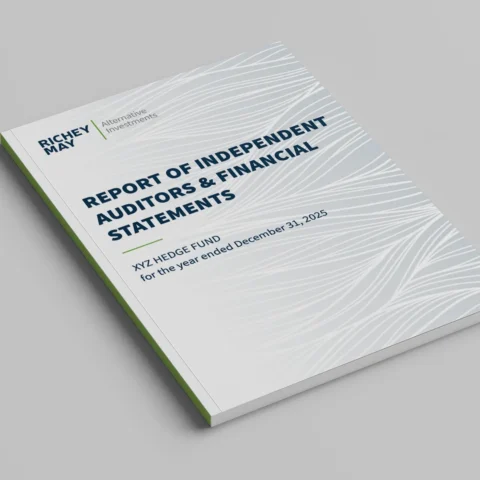Adapt to stay competitive
While the mortgage industry tends to lag other financial services sectors in technology adoption, automation is receiving a lot of attention from IMBs right now. A recent study conducted by Freddie Mac shows that 85% of lending executives describe their efforts at mortgage process digitization as “aggressive” or “very aggressive,” signaling an inflection point for process digitization and automation technology in the mortgage industry. Within the next five to ten years, automation will become table stakes for companies that want to stay competitive and continue to iteratively make their operations more efficient. By the end of 2022, it’s expected that 65% of companies globally will have deployed AI, machine learning and natural language processing (Gartner).
In response to the intense focus on automation within the mortgage banking industry, the competitive landscape has grown crowded, with new offerings cropping up regularly. The majority of these offerings are spot solutions focused on automation for a specific process or task rather than providing a holistic platform for end-to-end automation. Over the next several years, we expect fierce competition to winnow the mortgage industry automation space to a select number of market leaders. Once those leaders emerge, the competitive landscape is likely to thin.
So why is it such a hot trend? Intelligent automation has the power to change the way lenders do business. With Intelligent Automation, you can streamline your processes, potentially eliminating the need for multiple touches. Intelligent automation technologies also enable businesses to increase the accuracy, consistency and integrity of data they’re working with and entering into systems of record. Because technology is making entries programmatically, you decrease any risk involved with stare and compare work, such as someone fat fingering an entry or misreading a data point that could have serious downstream impacts.
Additionally, intelligent automation can make your staff more productive and empower them to focus on higher value work. This generally leads to a more engaged, happy, fulfilled workforce, which can help mitigate turnover and facilitate the recruitment process because you can use it as a selling point to attract top talent. You also get more stability by being able to scale up or down without adding head count or laying off staff, because you have a virtual or robotic workforce that can execute on a number of tasks at a lower, variabilized cost. The net effect: lower costs to originate and higher profitability.
With such a high proportion of businesses very interested in pursuing automation, it’s going to become a key part of technology strategy moving forward. Keep in mind as you begin looking for solutions that not all solutions are created equal. The bottom line: Evaluate what will work best for you and your unique business, then partner with companies that show solid track records and staying power.
To learn more about Richey May’s RM Automate solution in partnership with Zoral, contact us for a demo today.





